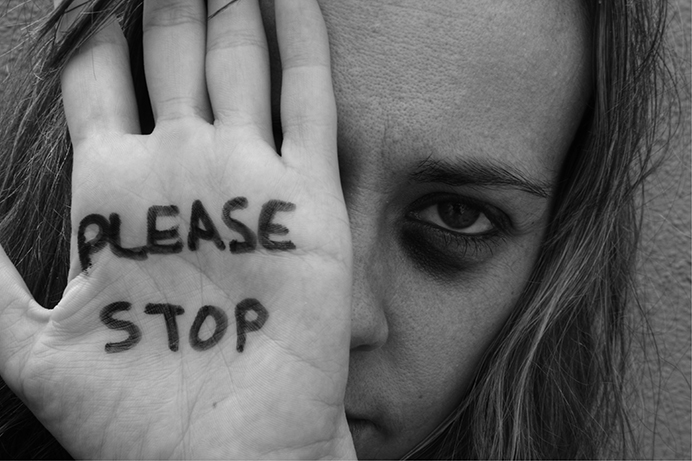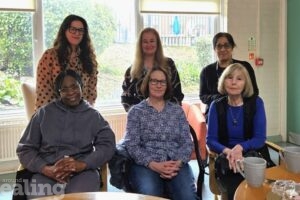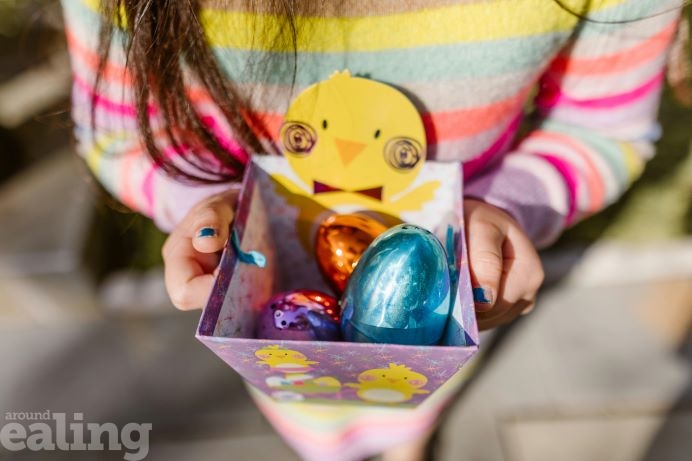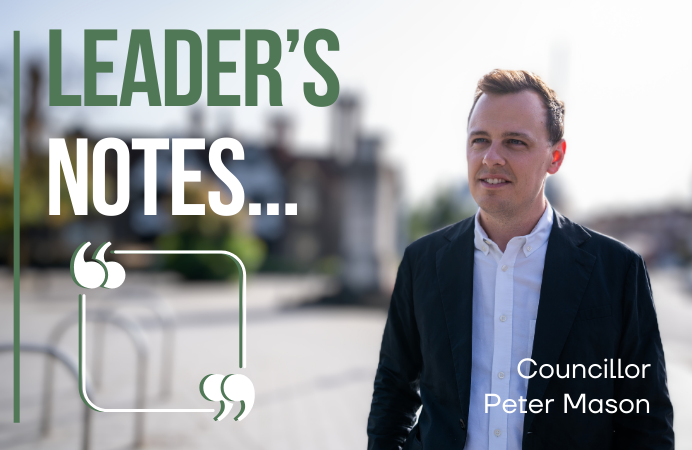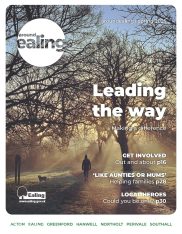Help for survivors of domestic abuse is available. Ealing Council is continuing to offer full support, help, and advice to those who have suffered abuse at the hands of someone they know.
Although domestic abuse can happen to anyone, most survivors are female, and tackling male violence against women and girls (MVAWG) is a top priority for the council. It has commissioned two independent domestic violence advocate (IDVA) services, Advance and Southall Black Sisters, to offer crucial support and guidance to those who are experiencing abuse.
We spoke to Emily, an IDVA from Advance, to shed light on the help an IDVA can offer, and what you should do if you are in an abusive or controlling relationship. She began by explaining the role IDVAs play.
“Their journey to recovery”
“IDVAs are trained specialists who provide support and advocacy services to victim-survivors. Disclosing their abuse is just the start of a victim-survivor’s journey. They often have to engage with various complex and sometimes conflicting agencies, such as housing and social care, which can leave them stuck and confused. An IDVA helps victim-survivors to navigate those systems and services by focusing on their needs and wants and empowering them to use their voice.
“IDVAs work within a multi-agency framework, supporting victim-survivors to improve their safety, understand their rights, and signposting them to resources and services, such as counselling and group activities/workshops, to aid their understanding of healthy relationships and their journey to recovery.
“Advocates play a hugely important role in the lives of victim-survivors at a vital time. What is extremely satisfying about this role is the process of how a victim-survivor initially has come to be in a situation they would have never foreseen they could ever leave. Also, a successful ending of a victim-survivor process is when s/he begins to reflect back on their own journey and smile with joy. IDVAs also play a vital role in saving children from further abuse.
“It is very important that the victim-survivor wants support, even when they have not acknowledged abuse is happening. Without this, it is very unlikely that it will be a successful ending to their story. It is also important that victim-survivors and the IDVA understand trauma-informed care, and that an IDVA is the most appropriate service. For example, if a victim survivor is having anxiety attacks, it is vital that the correct mental health professionals are involved, as well as an IDVA.”
Get help
Support from Advance is available for women and men who are experiencing domestic abuse and live in Ealing, regardless of age, ethnicity, sexuality, immigration status, or health status.
For more information or to refer yourself to the Advance IDVA service, contact 07984 110 750 or email EalingReferrals@advancecharity.org.uk.
To find out more about the support offered by Advance and other services available in Ealing, please visit www.saferealing.co.uk
You should report any criminal or anti-social behaviour to Police on 101 or online.
Always call 999 in an emergency.
Help us understand where issues remain
Take part in a listening exercise which will help to determine what the council should do to reduce MVAWG.
Councillor Jasbir Anand is Ealing Council’s lead member for tackling inequality. She said: “Acts of violence and harassment, even when they may seem small, cause immeasurable damage to their victims, and to society more widely – making everyone less safe.
“We’re proud of the progress that has been made on this issue by the council in recent years. This new listening exercise will help us understand where concerns remain and how we can address them so women and girls can feel safe in our community.”
You can take part in the survey until Monday 15 January 2024.
As part of the council’s continued mission to tackle inequality and crime, a new strategy to address MVAWG was introduced earlier this year. The plan was informed by a previous listening exercise held in January 2022, which provided a platform for women and girls to tell the council what they thought about enhancing women’s safety in Ealing.
From installing brighter streetlighting and upgrading CCTV cameras to delivering education programmes for young people and frontline staff across the borough, the council is working to make Ealing a safer place for women.
